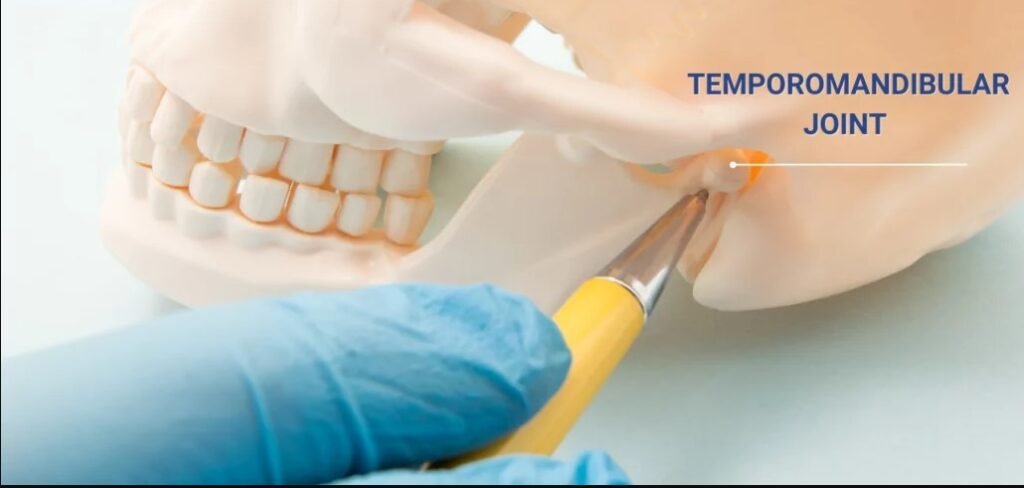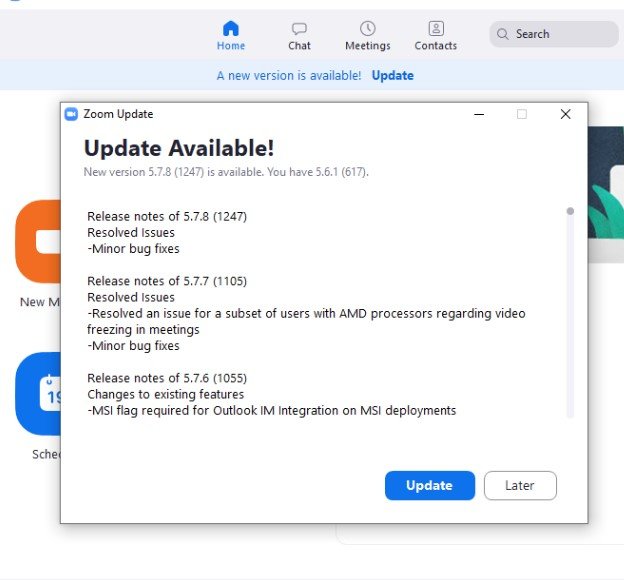How To Cure TMJ Permanently


Understanding TMJ and Effective Management Strategies
Temporomandibular joint (TMJ) disorders can be a real pain – literally! While the phrase “how to cure TMJ permanently” is often searched online, there isn’t a one-size-fits-all solution. TMJ issues can arise from various factors, and the most effective approach focuses on managing symptoms and preventing future flare-ups.
This extended article explores different strategies to effectively manage TMJ discomfort and improve your quality of life.
Unveiling the Mystery: Understanding TMJ Disorders
The TMJ is a hinge-like joint connecting your jaw to your skull. It allows for essential functions like chewing, talking, and yawning. When this joint malfunctions or experiences pain, it’s categorized as a TMJ disorder (TMD).
How To Cure TMJ Permanently
TMD symptoms can vary widely, but some of the most common include:
- Jaw pain and tenderness
- Clicking or popping sounds in the jaw
- Limited jaw mobility
- Difficulty chewing
- Earaches or facial pain
- Headaches
If you’re experiencing any of these symptoms, consulting a dentist or TMJ specialist is crucial for proper diagnosis and treatment planning.

7 Powerful Strategies to Manage TMJ Discomfort
While a permanent “cure” might not always be achievable, there are several steps you can take to significantly reduce TMJ pain and dysfunction. Here are seven key strategies, explored in more detail:
1. Identify and Address the Root Cause:
Understanding the underlying cause of your TMJ is crucial. Common culprits include:
- Teeth Grinding and Clenching: This unconscious habit can put excessive strain on the jaw joint and surrounding muscles. Stress, anxiety, and certain medications can contribute to teeth grinding.
- Jaw Misalignment: A misaligned bite can cause uneven pressure on the TMJ, leading to pain and dysfunction.
- Arthritis: Degenerative joint diseases like osteoarthritis can affect the TMJ, causing pain and stiffness.
- Injury: Trauma to the jaw can also contribute to TMJ problems.
Identifying the root cause allows you to target the issue at its source and prevent future problems. For example, stress management techniques can help if teeth grinding is a trigger, while a dentist can address misalignment issues.
2. Harness the Power of Heat and Ice Therapy:
Applying heat or ice to the affected area can help reduce inflammation and pain.
- Heat Therapy: Use a warm compress or a heating pad on low settings for 15-20 minutes at a time, several times a day.
- Ice Therapy: Wrap an ice pack in a towel and apply it to the affected area for short intervals (around 15 minutes) to reduce inflammation. Avoid direct application of ice to the skin.
3. Practice Relaxation Techniques for TMJ Relief:
Stress is a major contributor to TMJ problems. Relaxation techniques can significantly improve your condition. Here are some effective options:
- Deep Breathing Exercises: Focus on slow, controlled breaths from your diaphragm.
- Meditation: Mindfulness meditation can help reduce stress and promote overall well-being.
- Progressive Muscle Relaxation: Tense and relax different muscle groups throughout your body, promoting relaxation throughout.
4. Avoid Chewing Gum and Hard Foods to Reduce Strain:
Chewing gum and hard foods can put excessive strain on the jaw joint. Opt for softer foods that require minimal chewing. Additionally, avoid habits like nail-biting or clenching objects between your teeth.
5. Utilize a Night Guard for Protection:
Night guards, also known as splints, can be helpful in preventing teeth grinding and clenching while you sleep. A dentist can create a custom-made night guard for optimal comfort and effectiveness.
6. Massage and Stretch for Improved Jaw Flexibility:
Gentle massage and stretching of the jaw muscles can help improve flexibility and reduce tension. There are various self-massage techniques you can learn online or from a physical therapist.how to cure gum disease without a dentist Here are some tips:
- Self-Massage: Gently massage the muscles around your jaw with your fingertips in circular motions.
- Jaw Stretches: Perform slow, gentle stretches that open and close your mouth, side-to-side movements, and gentle rotations.
7. Seek Professional Treatment for Complex Cases:
If self-management strategies don’t provide sufficient relief, consult a dentist or TMJ specialist. They can assess your specific condition and recommend treatment options like:
- Physical Therapy: A physical therapist can design a personalized program to improve jaw mobility and strengthen the muscles supporting the joint.
- Medication: Medications like muscle relaxants or pain relievers might be prescribed to manage symptoms.
- Oral Surgery: In severe cases, surgery might be an option to correct structural problems in the jaw joint.
By implementing these strategies consistently, you can effectively manage your TMJ discomfort and improve your overall well

Additional Considerations for TMJ Management and a Brighter Future
How to get rid of a tooth abscess without going to the dentist Living with TMJ can be challenging, but with proactive management and a positive outlook, you can significantly improve your quality of life. Here are some additional points to consider:
- Maintain Good Posture: Poor posture can strain the jaw muscles and exacerbate TMJ symptoms. Practice good posture while sitting, standing, and sleeping.
- Ergonomics Matter: Ensure your workspace is ergonomically designed to minimize strain on your neck and jaw. This includes proper chair height, monitor positioning, and a comfortable keyboard layout.
- Hydration is Key: Dehydration can contribute to muscle tension and worsen TMJ pain. Aim to drink plenty of water throughout the day.
- Healthy Lifestyle Choices: Maintaining a healthy weight, getting enough sleep, and eating a balanced diet can all contribute to overall well-being and potentially reduce TMJ issues.
- Join a Support Group: Connecting with others who understand TMJ challenges can be a source of encouragement and provide valuable insights. Online forums and support groups can be a great resource.
Remember, early diagnosis and intervention are key to preventing future complications. If you suspect you have TMJ, don’t hesitate to schedule an appointment with a dentist or TMJ specialist. With a personalized treatment plan and consistent management strategies, you can effectively control your TMJ discomfort and live a fulfilling life.
Conclusion:
TMJ disorders can be frustrating and disruptive, but they don’t have to control your life. By understanding the underlying causes, implementing effective management strategies, and working with a healthcare professional, you can significantly reduce TMJ pain and improve your overall well-being. Remember, this is a journey, not a destination. Be patient with yourself, celebrate your progress, and prioritize self-care practices that promote relaxation and overall health. With dedication and the right approach, you can effectively manage your TMJ and live a life free from discomfort.
FAQs:
What are the different types of TMJ disorders?
There are three main types of TMJ disorders:
Myofascial pain dysfunction: This type involves pain and tenderness in the muscles around the jaw joint.
Disc displacement: This occurs when the disc cushioning the TMJ joint moves out of its proper position.
Degenerative joint disease: This is similar to arthritis and affects the joint itself.
I don’t grind my teeth, but I still have jaw pain. Could it be TMJ?
Yes, TMJ pain can arise from various factors besides teeth grinding. Misalignment, injury, arthritis, and even stress can contribute to TMJ symptoms.
Are there any home remedies for TMJ pain?
Several self-care strategies can help manage TMJ discomfort, including heat/ice therapy, relaxation techniques, avoiding chewy foods, and gentle jaw stretches.
When should I see a doctor about TMJ?
If self-management strategies don’t provide relief, your jaw pain is severe, or you experience limited jaw mobility, consult a dentist or TMJ specialist for proper diagnosis and treatment.
Is there a cure for TMJ?
While there isn’t a permanent “cure” for TMJ in all cases, effective treatment plans can significantly reduce pain and improve function. The focus is often on managing symptoms and preventing future flare-ups.
What kind of treatment can a dentist or TMJ specialist offer?
Treatment options might include physical therapy, medication, custom-made night guards, or even surgery in severe cases.
How can I prevent TMJ problems?
Maintaining good posture, managing stress, avoiding teeth grinding habits, and practicing relaxation techniques can all contribute to TMJ prevention.
Are there any online resources for TMJ support?
Yes, many online forums and support groups connect people with TMJ to share experiences and find encouragement.
Remember, this information is not a substitute for professional medical advice. If you suspect you have TMJ, consult a qualified healthcare professional for proper diagnosis and a personalized treatment plan.




